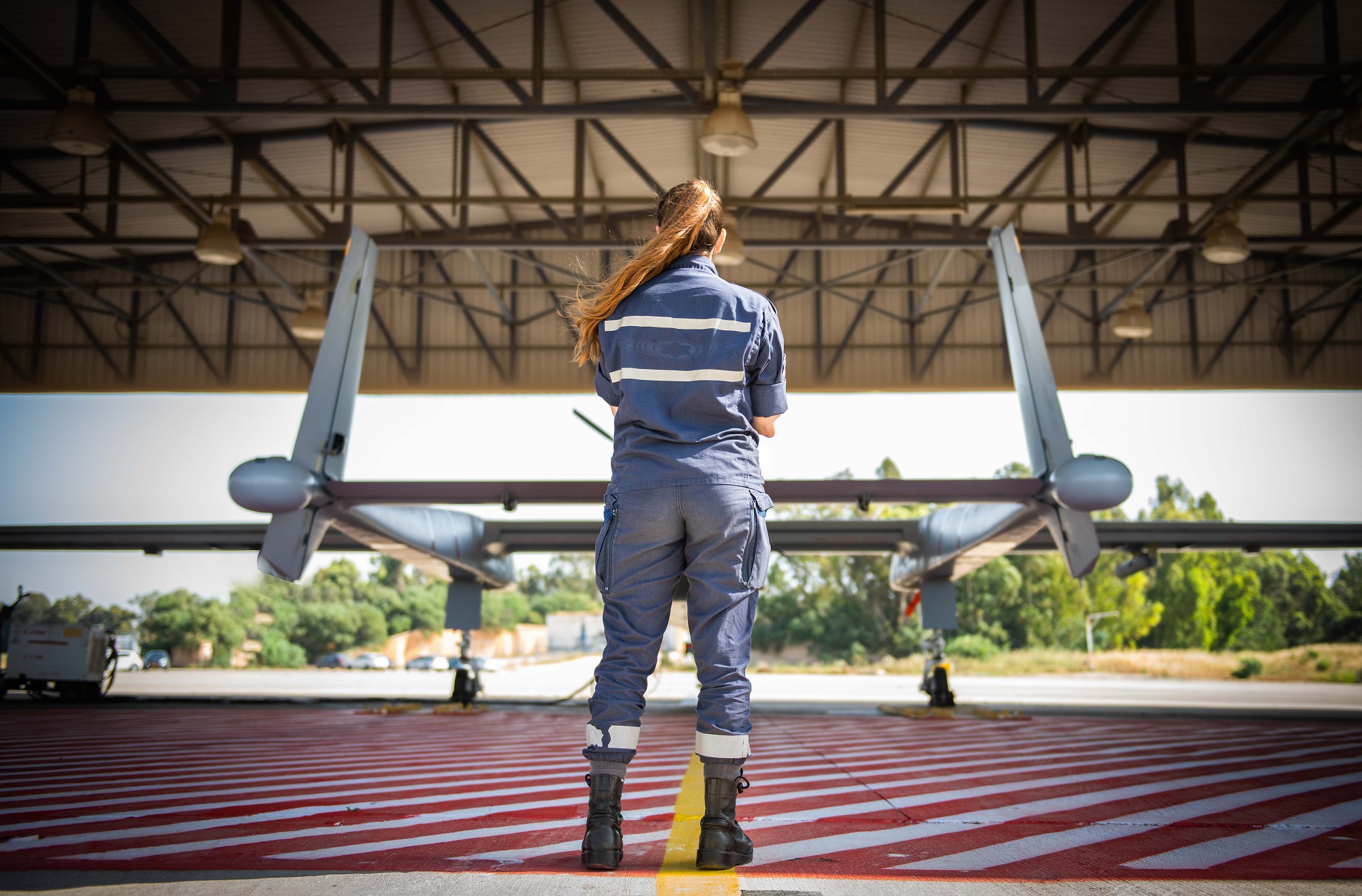The Conservatives must watch their years-long push to arm drones from the opposition now
The commander of Bundeswehr operations abroad, Lieutenant General Erich Pfeffer, today warned against dispensing with armed drones. “The troops” do not understand the political argument and need combat drones for close air support, for example in case a convoy is attacked, he said. “If you take the arguments against armed drones to their logical conclusion, you would have to abolish essential parts of the armed forces,” Pfeffer, who is soon to retire, realised. But that does not seem to be the case at the moment.
Instead, all signs point to green: in the new coalition agreement, the parties of the “traffic light” coalition (“red” Socialdemocrats, “yellow” Liberals, Greens) will presumably agree on a “yes” to armament. This will end almost decades of wrangling with numerous hearings and a “drone debate” in the Ministry of Defence which brought together all the pro-arguments once again. In the meantime, only the Left Party in the Bundestag is clearly against automated weapon systems. It is now the conservative CDU/CSU MPs, of all people, who are vehement supporters, who have to watch their introduction from the opposition’s sulking corner.
Before the 2017 federal election and in the foreseeable role of the opposition, the Greens had still clearly spoken out against weaponised drones. With the aspired government participation in the new legislature, this stance is off the table: at the federal party conference in June, the delegates agreed with a narrow majority to a motion by foreign policy expert Jürgen Trittin and thus to the stance of the Social Democrats. The focus is on the definition of deployment scenarios for the armed drones by the Bundestag and the rejection of extrajudicial executions, which have been common for many years in missions by NATO partners the USA, Turkey and Great Britain – actually a matter of course under international law.
The Bundeswehr drones to be armed come from Israel. The Ministry of Defence has ordered five “Heron TP”, and their delivery should take place these days after several delays. They will be stationed at a military airport near Tel Aviv, where the training of the German pilots will also take place. Pending a decision by the Bundestag, the drones can only be used for reconnaissance.
Before Christmas last year, the SPD leadership had once again put the brakes on the armament plans of its black-red coalition and demanded a return to certain principles. The final decision-making on the drone issue was entrusted to a working group, which recently presented its final report. According to it, the equipment with missiles and guided bombs can be “considered” if some conditions are met. To a large extent, however, these consist of demands even made by the Bundeswehr itself. For example, the pilots of the drones should always be based in the country of deployment, and the decision to kill people should be left to a human being.
Even if the drones are controlled from containers in Mali, for example, the mission command can be carried out from the Bundeswehr High Command in Potsdam. And if a drone has been given the order to kill, this routine can be stopped again by a human. However, depending on its configuration, armed robots can search for and engage against its target fully automatically, as an Israeli army spokesperson explained recently.
For politicians and the military, these machines are nevertheless considered semi-autonomous systems. This caricatures another demand of the Greens and the SPD, who want to outlaw weapons that can independently engage targets internationally. A flying killing machine, such as the one the Bundeswehr wants to procure from Israel, would not fall under this category.
Image: A “Heron TP” at the Israeli Air Force (IAF).





Leave a Reply